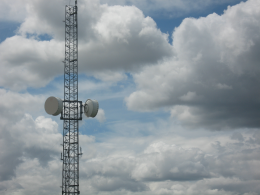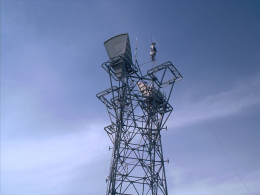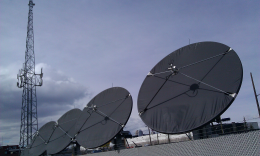SIGTRAN
The OpenSS7 stack provides a full implementation of SIGTRAN protocols including the following:
- RFC 4165, SS7 Message Transfer Part 2 (MTP2) — Peer-to-Peer Adaptation Layer (M2PA).
- RFC 3331, SS7 Message Transfer Part 2 (MTP2) — User Adaptation Layer (M2UA).
- RFC 4666, SS7 Message Transfer Part 3 (MTP3) — User Adaptation Layer (M3UA).
- ETSI TS 102 142, Services and Protocols for Advanced Networks (SPAN) —
MTP/SCCP/SSSCOP and SIGTRAN (Transport of SS7 over IP) — Message transfer part 3 User
Adaptation layer (M3UA).
- RFC 3868, Signalling Connection Control Part — User Adaptation Layer (SUA).
- draft-bidulock-sigtran-isua-04, SS7 ISUP-User Adaptation Layer (ISUA).
- draft-bidulock-sigtran-tua-01, SS7 TCAP-User Adaptation Layer (TUA).
- RFC 4233, Integrated Services Digital Network (ISDN) Q.921 — User Adaptation Layer (IUA).
- RFC 3807, V5.2 — User Adaptation Layer (V5UA).
- draft-ietf-sigtran-gr303ua-00, GR-303 extentions to the IUA protocol.
- draft-bidulock-sigtran-bua-00, SS7 BICC-User Adaptation Layer (BUA).
Each protocol layer component has a fully documented STREAMS API, support libraries, SNMP MIBs
and configuration utilities.
Many components are auto-detecting and have self-configuring modes.
Each component fully conformance tested and validated using ferry-clip and network-based approaches.
High-performance: can send at line rate on (saturate) dual 1G interfaces.
Licensing is not based on capacity.
Full stack with no add-on or component costs (“take and play” instead of “pick and pay”).
OpenSS7 was, and continues to be, instrumental in the development of IETF standards for IUA,
M2PA, M2UA, M3UA and SUA.
|



